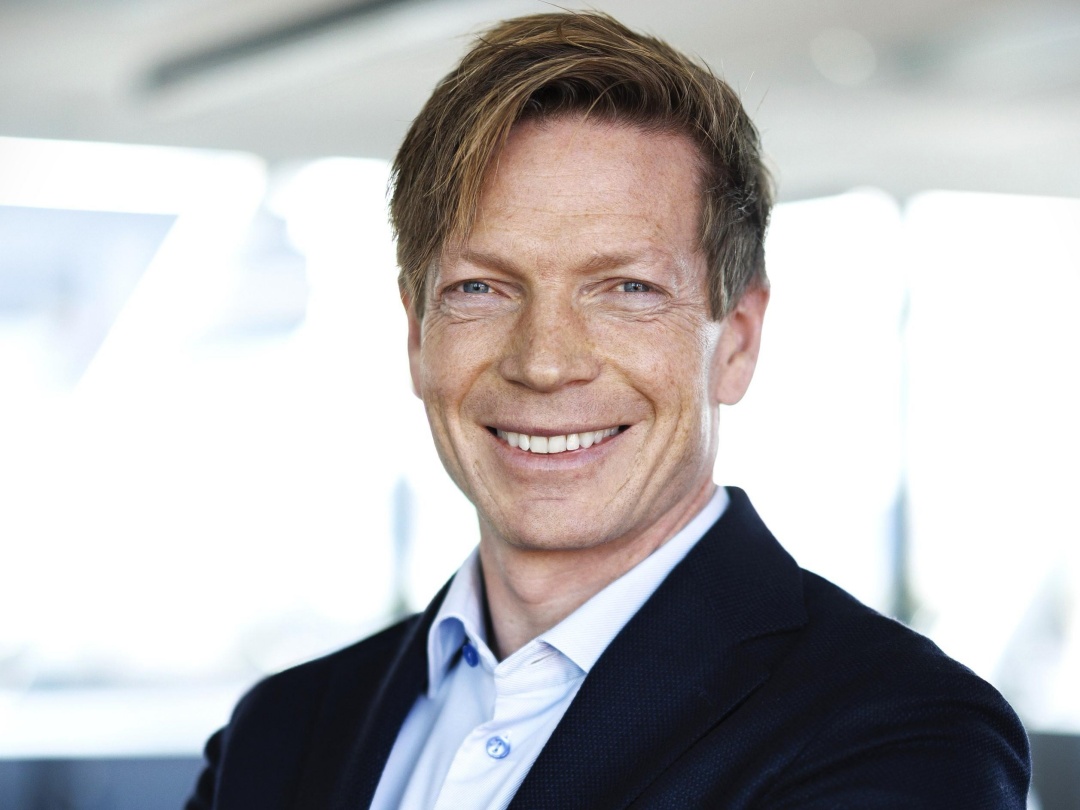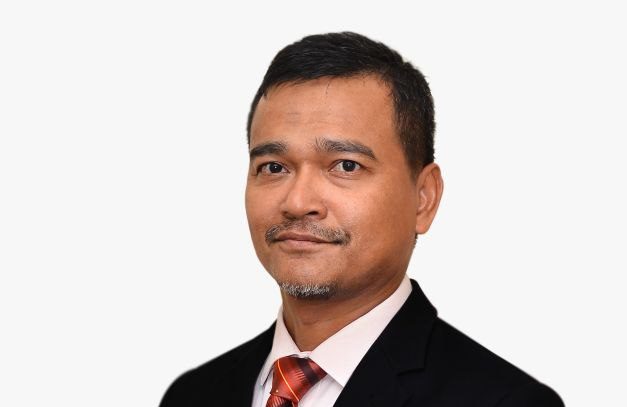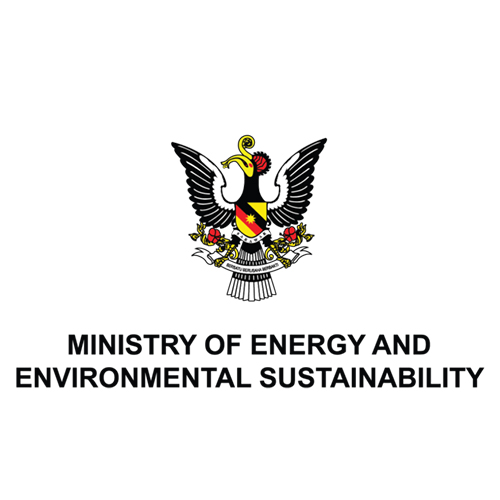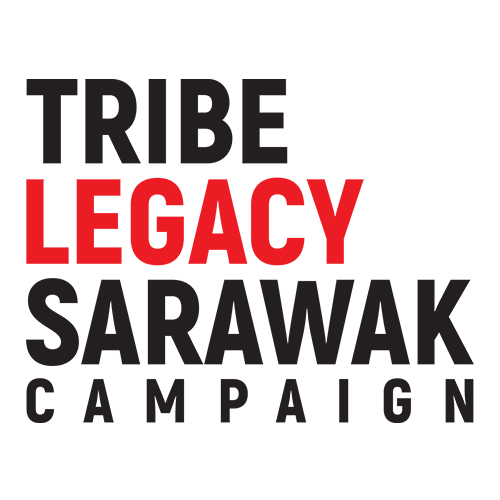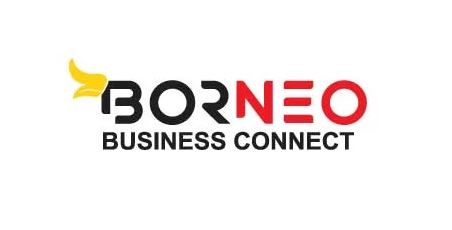KUCHING (April 6): As Sarawak gears up to lead the hydrogen economy in Southeast Asia, it is only fitting that it welcomes one of the brightest minds in clean energy, Bjørn Simonsen, who is Norway’s hydrogen strategist.
Simonsen, a Science and Technology Counsellor at the Royal Norwegian Embassy in Singapore/Innovation Norway, is among the key speakers at the Hydrogen Economy Forum (H2EF) 2025, happening on May 13-14 at Hilton Kuching.
“What excites me about hydrogen is that it’s not just a zero-emission energy carrier; it’s a fundamental component in key industrial processes like fertiliser and steel production.
“Its ability to be produced at scale in various regions around the world makes it a powerful equaliser in global energy politics,” he said in a statement.
According to Simonsen, Sarawak stands out for its momentum that is already underway, local resources, clear strategies, and forward-leaning local stakeholders in both political and industrial sectors.
“To get the clean hydrogen ‘flywheel’ turning takes a concerted effort, and the right stakeholders are pushing in the same direction in Sarawak, which makes it an exciting place to watch,” he said.
Simonsen’s session at H2EF 2025 will highlight the critical role of hydrogen in both the decarbonising industry and building a more resilient energy system.
“Hydrogen is an integral part of decarbonisation of both energy and industry, and will simultaneously create a more resilient energy system,” he added.
Representing Norway, Simonsen shares how the country’s hydrogen strategy is rooted in its strengths, particularly the maritime sector.
“Norway’s main strategic focus is on the maritime sector, and includes both hydrogen and ammonia, followed by heavy-duty land transport and industry applications.
“Norway is already a global leader for low- and zero-carbon maritime solutions, so the strong emphasis on the maritime sector for hydrogen also makes sense – building on a segment we are already good at – and differentiates the approach from many other countries,” he said.
Simonsen also believes public-private collaboration is essential to hydrogen’s success, just as it was for wind, solar, and battery technologies.
“This is already happening around the world; several governments have incentives, technology, and project support in place to support the industry pioneers.
“As we’ve seen, this has been instrumental to all new, clean energy technologies. Although it requires a long-term effort and deep pockets, it is effective; wind, solar, and now batteries are great examples of this,” he added.
The forum is hosted by the Ministry of Energy and Environmental Sustainability Sarawak (MEESty), Ministry of Science, Technology and Innovation Malaysia (Mosti), and Borneo Business Connect, with support from Business Events Sarawak (BESarawak).
It serves as a regional platform to accelerate hydrogen adoption in Southeast Asia, in line with the National Energy Transition Roadmap (NETR).
